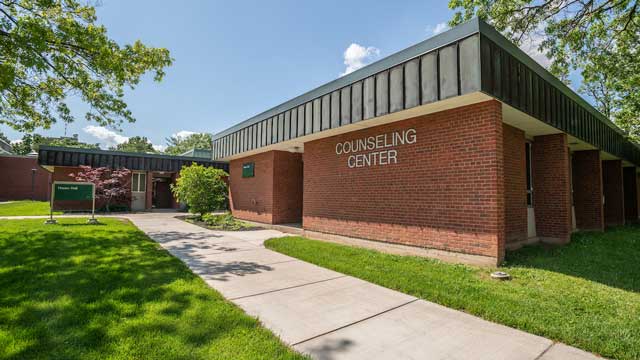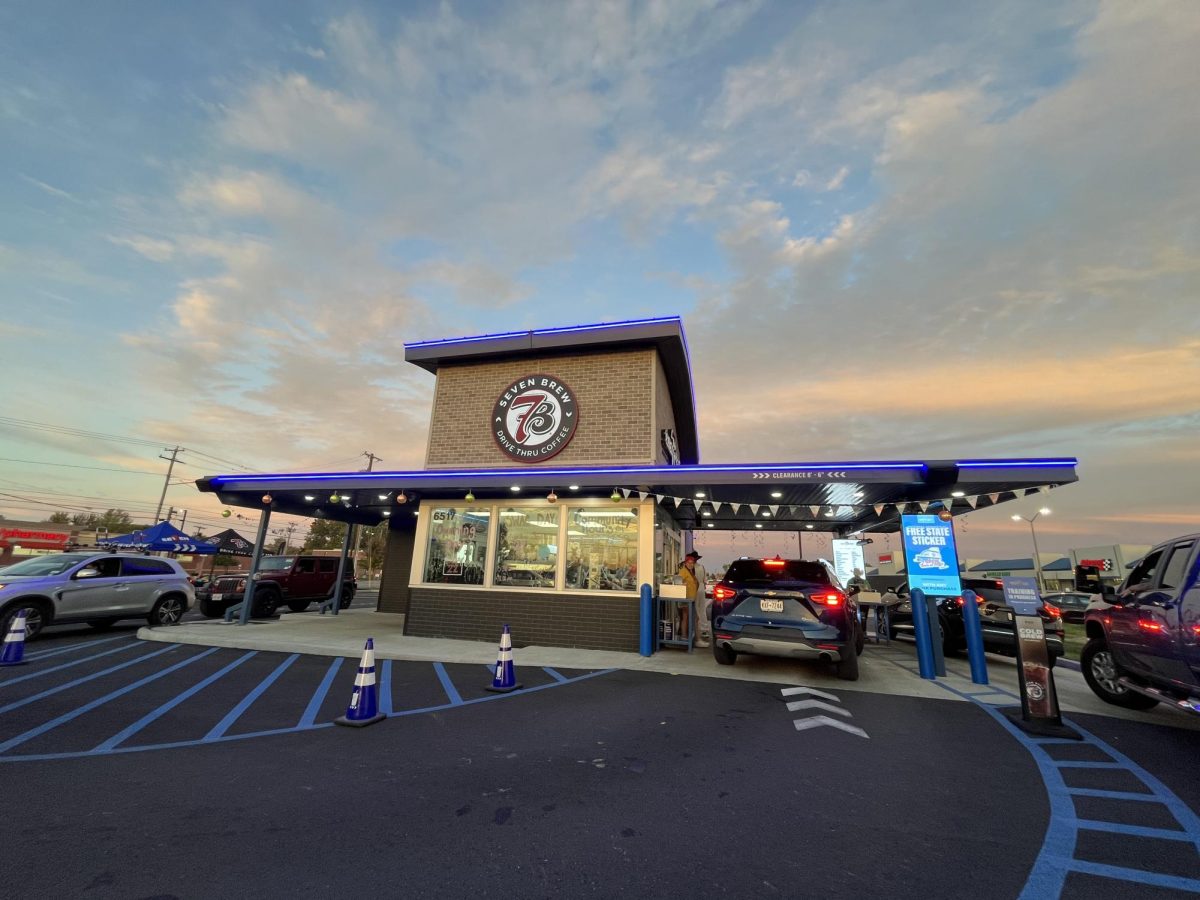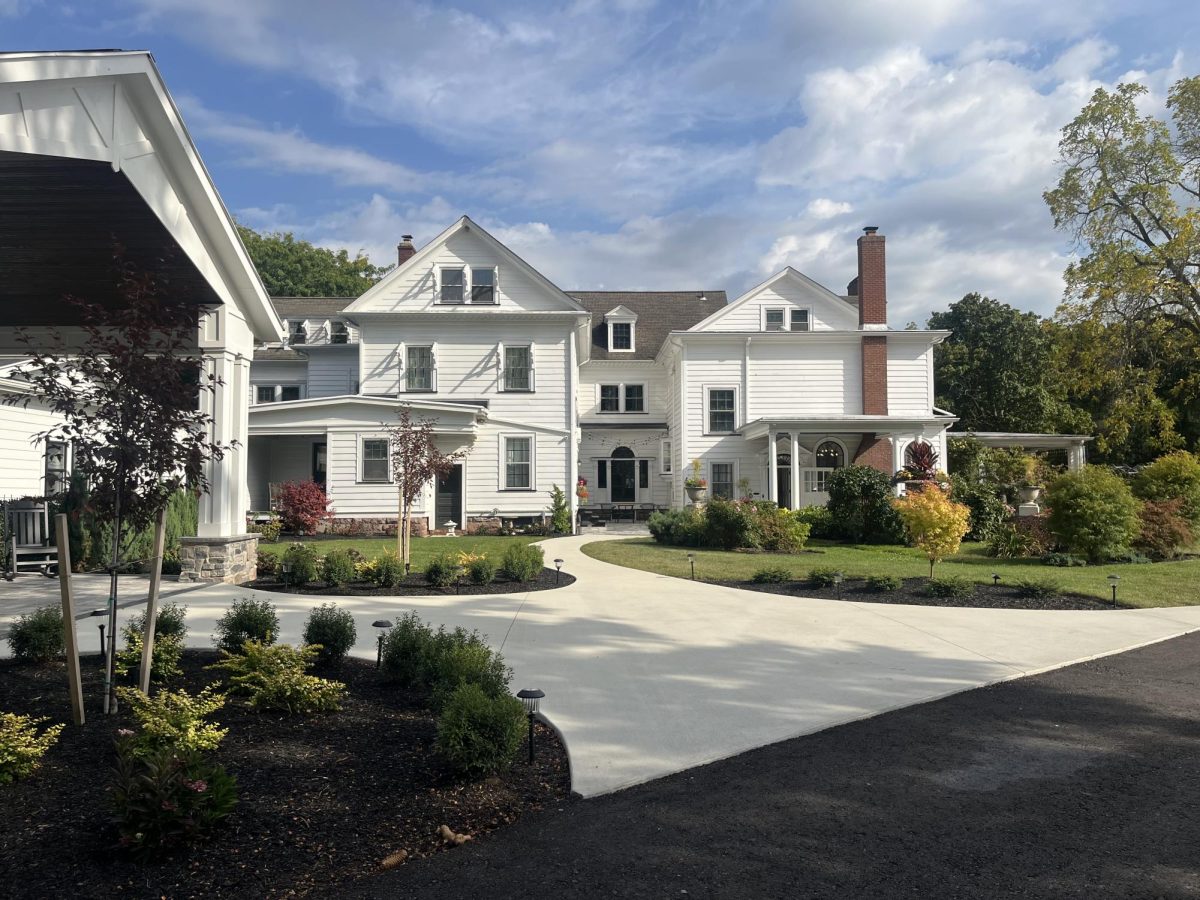By Alex Hutton
Coronavirus cases have risen to over 1,000 in Monroe County, but the reach of the crisis goes far beyond those that contract the disease. While the pandemic poses a threat to physical health, it has wreaked havoc on mental health as well. Whether it be prolonged isolation, financial hardship, or grief the pandemic has taken a toll on the mental health of people everywhere.
As the restrictive measures tighten in an effort to slow the spread of the coronavirus, mental health experts warn that social isolation can take a toll on residents. In response to the growing pandemic, New York state has banned all nonessential activities and asked residents to remain in their homes as much as possible.
Throughout the state, universities and offices have transitioned to almost entirely online. Restaurants, bars, and cafes have closed their dine-in services and residents have been advised not to gather in groups to slow the spread of COVID-19. While this may help the transmission of the virus, it has a damaging effect on mental health.

Darlene Schmitt MSED, LMHC, Associate Director of the Counseling Center at SUNY Brockport, has been working tirelessly from home to help Brockport students with their mental health issues related to the coronavirus.
“Social distancing and the coronavirus are absolutely playing a role in declining mental health,” said Schmitt. “Everyone reacts differently to stressful situations. With the number of COVID-19 cases increasing every day, and the directives around social distancing, people can feel isolated, afraid, angry and depressed. They are grieving losses of jobs: important milestones like graduation; lost connections with important people.”
A review done by The Lancet looked at 24 different studies of the outcome of people who had been quarantined during different outbreaks of infectious diseases since the early 2000s. This review found that many of the individuals experienced increased mental health problems such as stress, insomnia, emotional exhaustion and substance abuse.
Madison, a Brockport student, has been experiencing worsening mental health due to the pandemic.
“I already suffer from several mental health issues, so the added anxiety and fear of the virus doesn’t help. I haven’t left the house in weeks, I even get scared when my dad leaves to go to the store because I don’t know if he will bring the virus back into my house with him,” said Madison.
The number of cases as well as deaths have been rising by the day. While the number of confirmed cases are high, the amount of panic caused and number of lives impacted by the virus is higher.
“It’s hard not having a routine anymore, as a nonessential worker, I’m out of a job and I basically stay up all night and sleep all day now. I try to get out and go for walks to get some fresh air but a lot of the time it’s hard to get out of bed,” said Madison. “All of the things I used to do to distract, or help with my mental health are no longer allowed, like hanging out with friends and going to the gym, the one thing that has been helping me is video calls with my therapist.”
During this time of social isolation, people are connecting with counselors through telehealth platforms that allow them to get the help they need in the safety of their own home, by video chatting with a counselor.
Jeffery Snarr, licensed psychologist practicing in Brockport, has been running this practice through telehealth video calls.
“If your mental health is really bad and is interfering with your ability to function, you should reach out for help. All the insurance companies are covering telehealth video calls with therapists now,” said Snarr. “A big advantage right now, of telehealth is, you can call any practitioner in the state, it doesn’t need to be locally based because you don’t need to go there.”

Along with regular therapy of teaching skills and techniques, snarr tries to get his patients to see the pandemic as an opportunity to grow.
“The main thing I’ve been doing with my patients is trying to see this as, yes- a difficult time, it’s uncomfortable but that’s all. That’s all,” said Snarr. “I’m trying to get them to see it as an opportunity to grow because we’re already being pushed outside of our comfort zones. There is no comfort zone right now. So everyone has things they’ve been inhibited from doing or they’ve been putting off doing. Either because they didn’t have the time or because it was going to be uncomfortable, but if you’re already uncomfortable, what’s the difference? Just do it.”
The Counseling Center at SUNY Brockport is available to help students through telehealth counseling as well. They offer individual counseling as well as running workshops to learn coping skills.
Mental health experts encourage individuals to take a break from the news, and remember to take care of themselves, by having a regular sleep schedule, balanced means, staying hydrated and exercising.

There are many crisis resources available as well:
- SAMHSA’s Disaster Distress Helpline
- Toll-Free: 1-800-985-5990 (English and Español)
- SMS: Text TalkWithUs to 66746
- 911 or the National Suicide Prevention Lifeline at 1-800-273-TALK (1-800-273-8255).
- Hazen Counseling center 585-395-2414






















